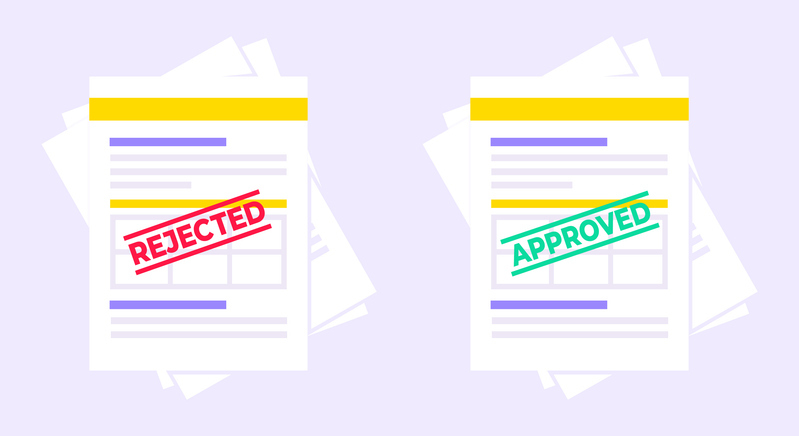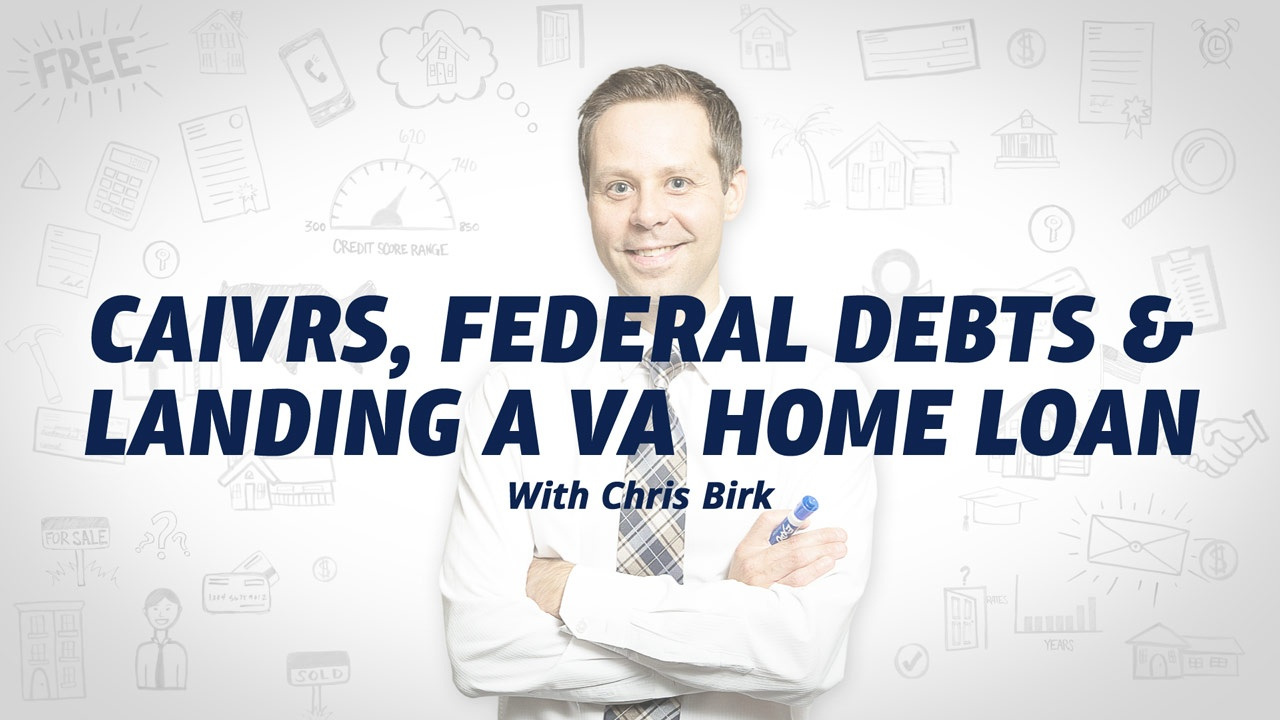Resources from Veterans United - Page 18
Find the tools and information you need to navigate homeownership with confidence from the Nation’s #1 VA Lender for Homebuyers

Latest Articles





Home Purchase
Updated on November 3, 2023



Home Purchase
Updated on November 1, 2023

Credit and Finances
Updated on October 27, 2023
2,728
Veterans started their online quote today.

